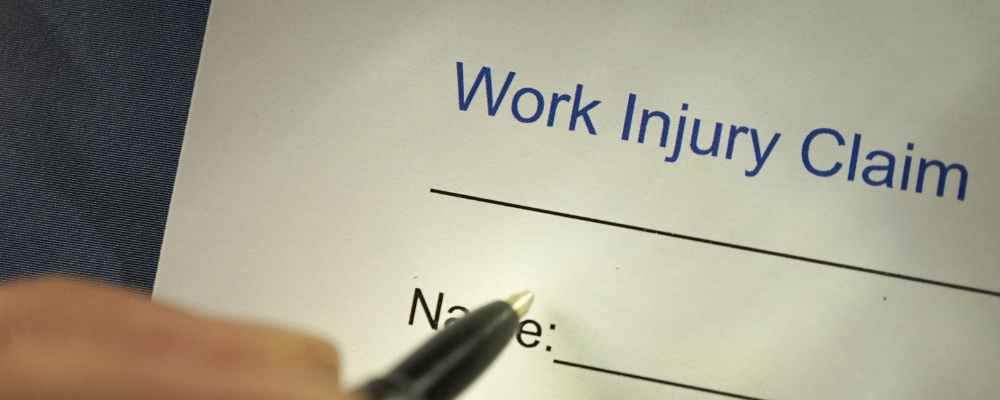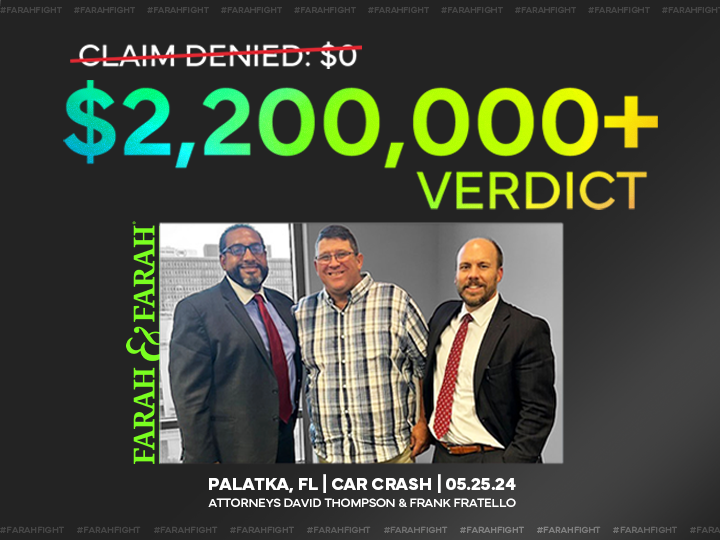When you file a workers’ compensation claim for a serious injury at work, you could become the subject of a fraud investigation, even if you’ve done nothing wrong. If you’re wondering why you’re facing a workers’ compensation investigation and what they look for, the answer is that investigators are seeking evidence that your claim is illegitimate.
An investigation may occur because someone reported you or the insurance company’s computerized algorithm flagged your claim. Sometimes, an insurer initiates an investigation as a ploy to escape providing benefits. It is also possible that your employer triggered the investigation in retaliation since it cannot fire you for filing a workers’ compensation claim.
Even the most innocent word or action could work against you when your life is under a microscope. It is crucial to contact one of our experienced Georgia or Florida workers’ compensation attorneys as soon as possible so we can protect your rights and help you keep your benefits.
What Are Insurance Companies Looking for in a Workers Comp Investigation?
Insurance companies that initiate workers’ comp fraud investigations are looking for evidence that you’re lying about your injuries. They will scrutinize your medical records, claims history, and activities since filing your claim to find evidence against you.
Many insurance companies hire private investigators to conduct workers’ comp fraud investigations. Other insurers have in-house investigators. In Florida, the Bureau of Workers’ Compensation Fraud also has 21 detectives who investigate suspected fraud. In Georgia, the Enforcement Division conducts fraud investigations.
Investigators may surveil you, watch your home, follow you, interview your friends and co-workers, and even scrutinize your social media. If they determine your claim was fraudulent, you could lose your benefits and even face a criminal prosecution.
The Origins of Your Injury
Investigators will review the circumstances surrounding your injury. They may look for inconsistencies in statements you made, physical evidence at the accident location, inconsistent witness accounts, and conflicting information about how your injury occurred. They will seek to answer the following questions:
- How did it happen? Investigators will determine whether your account of the events leading to your injury seems credible.
- Where did it happen? Investigators may look for evidence that you were injured somewhere other than at work.
- When were you injured? Investigators may look for evidence that you were injured earlier than you claimed and accuse you of filing your claim too late.
When you get injured on a job site in Florida, you have 30 days to report the accident to your employer. If your claim is denied, you have two years to file a workers’ compensation petition in Florida. Workers injured in Georgia also have 30 days to report injuries to employers, but the Georgia workers’ compensation statute of limitations is just one year.
If investigators find that you failed to report your injury within 30 days, the insurance company can deny your claim and seek to have your claim dismissed.
Working While Receiving Total Disability Benefits
Total disability benefits are awarded to workers whose job-related injuries prevent them from doing any type of work. Working at another job would mean you’re not totally disabled. Thus, you could not receive total disability benefits. The insurance company could use this information to deny benefits and even accuse you of fraud.
An Undisclosed Previous Injury
Insurance investigators may try to determine whether you were already injured before the incident for which you filed a workers’ compensation claim.
However, you are still eligible for benefits if you have aggravated a pre-existing condition. Even if you were upfront about a preexisting condition, workers’ comp investigators can use it to make you feel like you did something wrong. Our workers’ compensation lawyers in Florida and Georgia will advocate for you and answer the hard questions on your behalf.
Inconsistencies Between Your Injury Claims and Activities
Investigators will look for evidence that you faked your injuries or that you’re exaggerating their severity. They will try to catch you performing work or enjoying activities that require more movement than your injuries should allow.
It isn’t unusual for injured accident victims to have good and bad days. But if investigators happen to catch you moving more freely on one of your good days, they may unfairly use it as evidence against you. When you have one of our knowledgeable workers’ compensation attorneys in Georgia or Florida on your side, we can help you refute such accusations.
What Is Considered Workers’ Compensation Fraud?
Workers’ compensation fraud is both a civil and criminal offense in Georgia and Florida. While insurance companies may investigate to avoid paying benefits, they can also press criminal charges against you for insurance fraud under certain circumstances.
The following activities may constitute workers’ compensation fraud:
- Faking an injury
- Denying that a previous injury existed before the incident.
- Exaggerating the severity of an injury to receive benefits.
- Working at another job while receiving total disability benefits.
- Working while on partial disability without disclosing it to the insurer.
- Seeking reimbursement for medical care you didn’t receive.
- Seeking reimbursement for non-work-related medical care.
- Collecting workers’ compensation for an injury that occurred outside of work.
Types of Evidence Investigators Use
Workers’ compensation investigations can feel like a violation of privacy because investigators comb through your entire life seeking to gather evidence. An investigation may involve the following evidence:
- Video surveillance. Investigators may use video cameras to monitor your movements from when you leave your home until your return. They will look for moments when you function in ways your injuries typically wouldn’t allow.
- Non-video surveillance. Investigators may take incriminating photographs of you participating in activities they believe are beyond the abilities of someone with your injuries.
- Social media scrutiny. Investigators will look for incriminating posts, comments, or photos on your social media accounts. This includes material other users tag you in or content that you post.
- Red flags. Investigators will look for suspicious circumstances such as inconsistent statements, symptoms that don’t match medical findings, and a lack of cooperation during medical evaluations.
- Suspicious timing. Investigators will determine whether you filed your claim in connection with certain events, such as after your employer has announced layoffs.
- Witness statements. Investigators may interview your co-workers, family, and friends in hopes of finding witnesses who will testify that your injuries didn’t occur at work or that they are not as severe as you claim.
What Can’t Investigators Do?
Investigations can be intrusive, but the law limits how far investigators can go. They can face criminal and civil actions if they break the law while investigating you. Generally, neither government nor private investigators are allowed to do the following:
- Wiretap your phone without your knowledge and consent.
- Enter your home or property without your consent.
- Watch you, photograph you, or record you inside your home.
- Make false statements about you.
Florida law prohibits detectives from recording private conversations without your knowledge or consent.
Meanwhile, Georgia is a one-way consent state. Only one party to the conversation has to be aware the conversation is recorded. Thus, investigators in Georgia can record conversations without your knowledge if they are parties to the conversation or if another party participating in the conversation knows it is being recorded.
However, if your case is turned over to the authorities for criminal investigation, investigators may obtain a warrant from a court to wiretap your phone or search your home.
How Long Does a Workers Comp Investigation Take?
A workers’ compensation fraud investigation could be over within a few days, but some investigations can take months or even years. Our workers’ compensation lawyers will be your advocates for you for as long as it takes, and we will work to keep the investigation from intruding on your life to the fullest extent possible.
Best Way To Deal With Workers Compensation Investigators
A workers’ compensation insurer has a vested interest in finding fault with your claim, and they pay their investigators to find evidence against you. They will pick apart your every word and action. Government detectives may also unfairly use innocent statements against you.
Your benefits, livelihood, and even your freedom could be on the line, and you can’t afford to take any chances.
At Farah and Farah, our experience makes all the difference. We’ll deal with the investigators and protect your rights. If you’re facing a workers comp investigation, call us today at (877) 245-6707 or contact us online, and put our experience to work for you.













